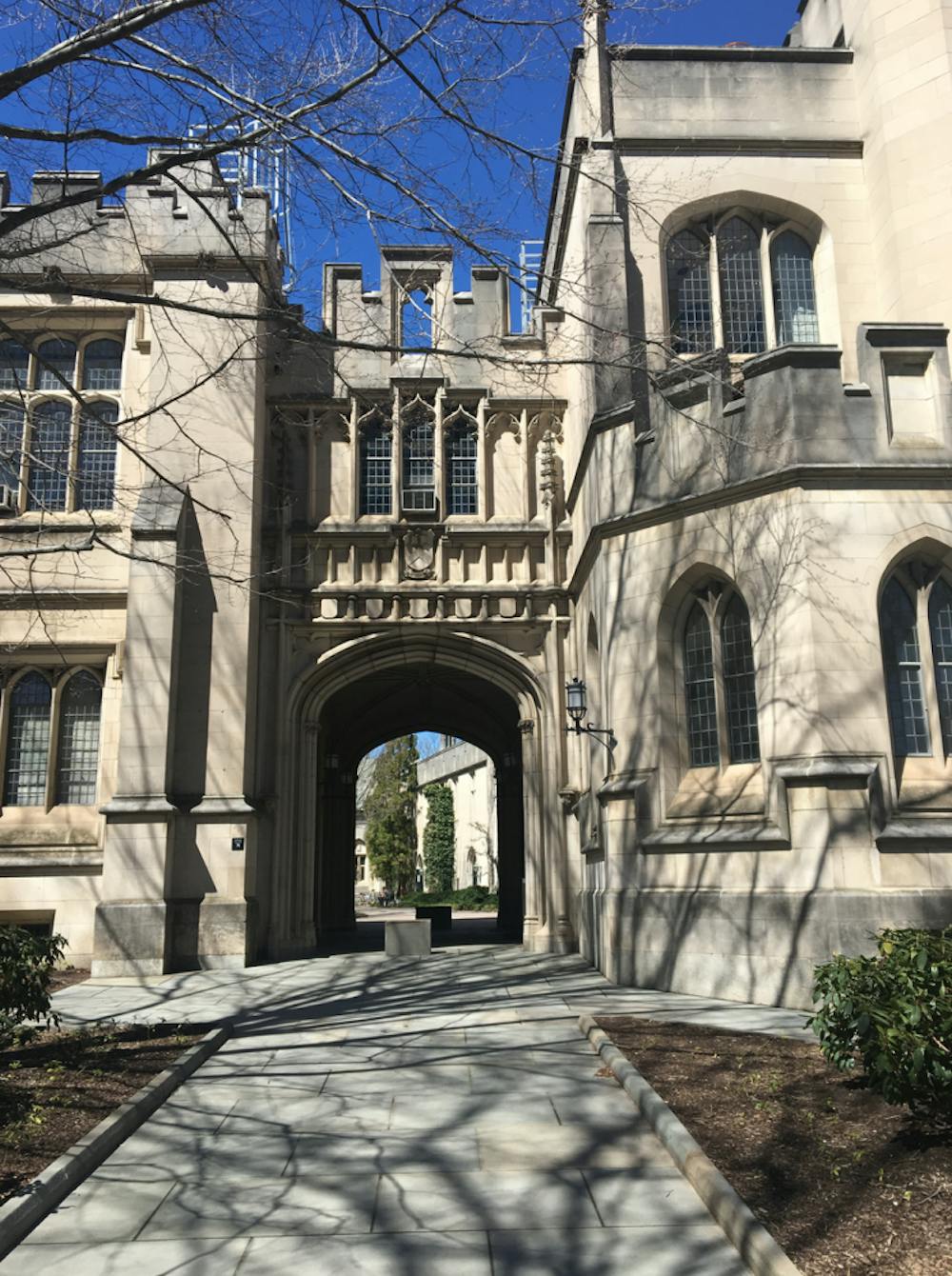The fifth referendum on the Honor Code this year proposes allowing members to evaluate Honor Committee leadership and potentially petition to replace the clerk or chair. It comes after three of four referenda on the Honor Code were stayed by the administration in December.
This referendum gives HC members one opportunity in their entire HC career to express their grievances about the clerk or chair in a statement to the Undergraduate Student Government Senate. The member who submits the statement may have the opportunity to submit themself as a candidate to replace the clerk or chair. A committee would interview the chair or clerk under evaluation and the member submitting the evaluation before deciding who would serve as the clerk or chair. However, if the member does not declare a candidacy, then the HC leadership is completely unaffected.
“There needs to be a way to hold members of the Honor Committee to a higher standard, and I say that with the utmost respect for the student-run Honor Committee,” said class president and HC member Chris Umanzor ’19, who sponsored the referendum.
Umanzor is a former staff writer for The Daily Princetonian.
Currently, the chair is automatically succeeded by the clerk, who is appointed during that member’s sophomore year by a committee of junior and senior HC members and several USG representatives.
Honor Committee Chair Liz Haile ’19 explained that this system allows the clerk to spend a year as a “chair-in-training” and learn about the position’s various administrative roles.
“When the clerk steps into the chair role the spring of their junior year, he or she is better prepared to take on the responsibilities associated with the position,” she wrote in a statement.
Haile declined to comment on the referendum specifically.
Umanzor mentioned specific circumstances that arose in the past year that motivated him to sponsor the referendum, such as lack of expressed interest in the clerkship and “questionable actions undertaken by the leadership.”

“Because it is essentially a funnel in which the clerk selected in the sophomore spring ultimately becomes the chair without any form of evaluation, it’s important to allow other students who are constitutionally eligible to submit their candidacy for the position,” Umanzor said.
Though he spoke with several Honor System Review Committee members when making the referendum, Umanzor wanted to make a referendum separate from the HSRC and its charge.
Honor Committee chair emeritus and HSRC co-chair Carolyn Liziewski ’18 deferred comment to Haile.
Umanzor noted the student body’s frustration after the administration remanded three referenda regarding the Honor Code in the winter. However, because of his conversations with University administrators, Umanzor believes that the administration will not remand the fifth referendum because it is more procedural in nature. The fourth referendum passed in December, he explained, was similarly implemented because it was a procedural change that did not require faculty review.

“If the referendum were to pass, it would not require faculty review,” he emphasized.
Kade McCorvy ’20 opposed the ambiguous wording in parts of the referendum when USG discussed the referendum during a weekly meeting. Although he approves of the content, he explained that the wording could be more accurate.
“What I think the referendum actually accomplishes wasn’t actually conveyed through the wording,” he said.
McCorvy said the referendum implies that the independent committee would have more access to information and data within the Honor Committee than it actually does. Because the student body and the USG Senate are not privy to Honor Committee proceedings, McCorvy explained, the independent committee would mostly be making their decisions off of “he/she said” interviews, not statistics or metrics.
“The problem here is that the people who would be making the decision would be making it on non-substantive claims,” McCorvy explained.
HSRC member Soraya Morales Nuñez ’18 supports the increased accountability that this referendum would advance.
“I believe it will encourage the student body to engage with Honor Committee practices in addition to the Honor Constitution, which was the focus of the fall semester’s referenda,” Morales Nuñez said.
Spring elections will be held April 16–18.








